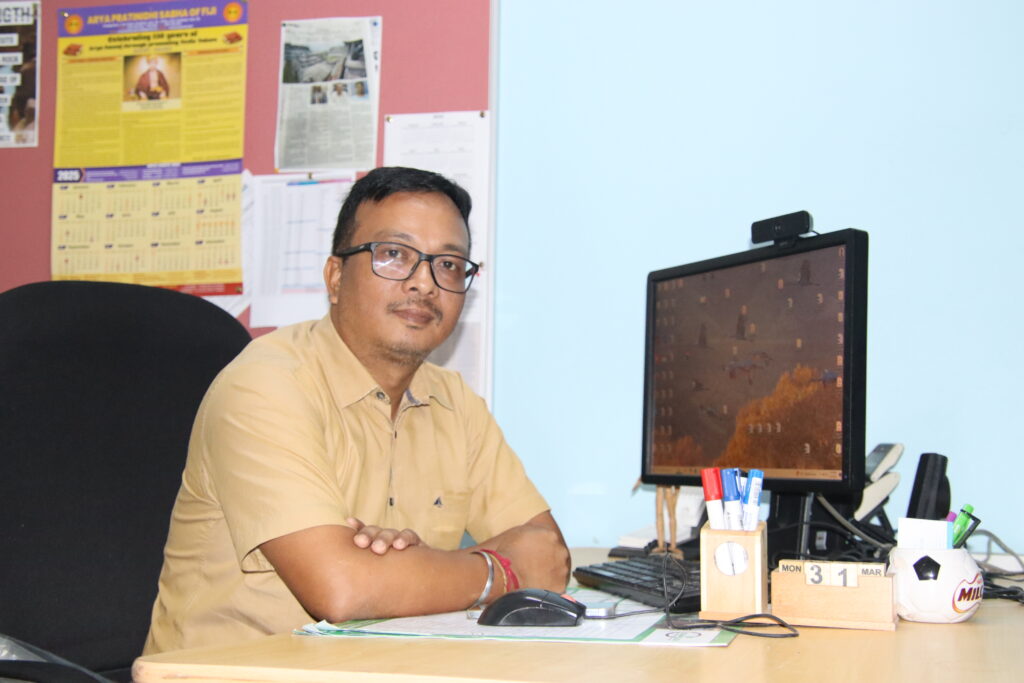In commemorating UN World Autism Day which falls on Wednesday April 2, the University of Fiji says that existing legislation and policies related to persons living with autism should be reviewed to ensure they uphold equality, non-discrimnation and inclusivity as protected by section 26 of the Constitution of Fiji.
The United Nations General Assembly designated April 2 each year to observe and promote awareness of autism worldwide.
Persons living with autism should not face discrimination, stigma, or isolation at home, in schools, or in accessing their right to equal educational opportunities. Denial of these rights constitutes a direct violation of the Convention on the Rights of Persons with Disabilities, which the Fijian Government ratified in 2017, the University of Fiji said.
The University urges all decision-makers and stakeholders to play their role in raising awareness about autism, its early detection, and the importance of treating individuals on the autism spectrum with respect and dignity.
The Acting Dean of the Umanand Prasad School of Medicine and Health Sciences (UPSM), Dr. Abhijit Gogoi, said that autism is a developmental condition known as Autism Spectrum Disorder (ASD). He emphasized that ASD affects individuals differently, influencing how they think, process information, and interact with their surroundings.
While some may experience challenges with social interactions and communication, others may exhibit repetitive behaviors, intense interests, and sensory sensitivities, such as heightened reactions to sounds, lights, or textures.
Dr. Gogoi also highlighted the importance of early screening for autism, as early intervention significantly enhances a child’s ability to develop social, educational, and communication skills.
He urged parents, educators, and medical professionals to recognize the early signs of autism and seek appropriate support for affected children.
![]()

